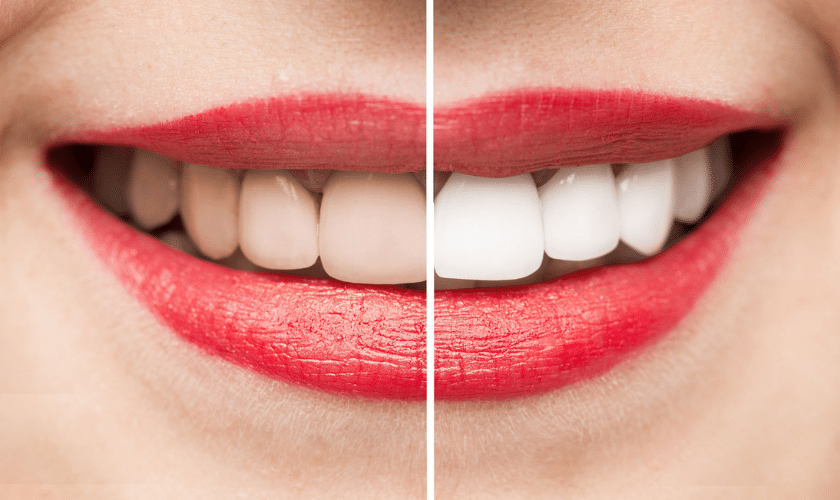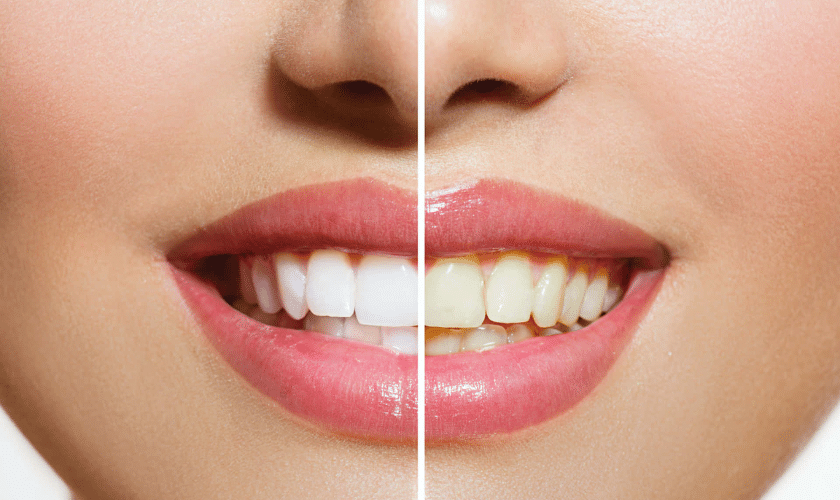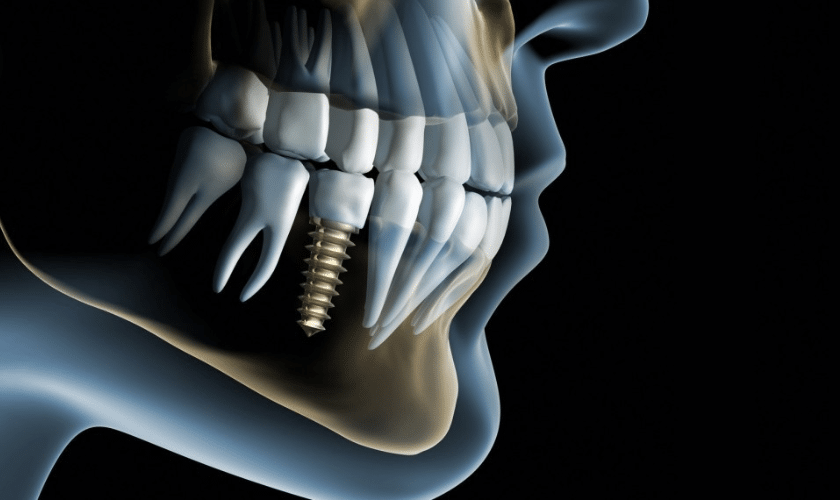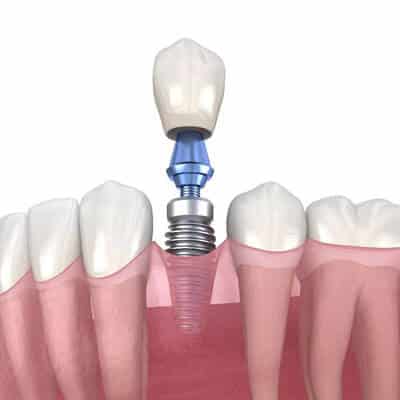
The most common cause of toothache is decay or cavities. When plaque accumulates on your teeth due to poor oral hygiene, the bacteria in the plaque produce acid that wears away at the protective enamel layer of your teeth. This leaves them vulnerable to pain when exposed to hot or cold temperatures and sweet foods. Other potential causes include:
- Gum disease
- Infection
- Grinding your teeth
- An abscessed tooth
- Sinusitis
- Damage to a nerve in your tooth
- Impacted wisdom tooth
- Wearing down of an old filling from years of use
How Do I Know If My Toothache Is Serious?
Sometimes toothache is accompanied by fever, swollen glands in the neck area, facial swelling, or extreme sensitivity to hot/cold temperatures. These are signs that there may be a more serious underlying issue, such as an infection that needs to be treated by a dentist right away. If you observe these signs, you should seek professional dental help as soon as possible.
Ways To Get Rid Of Toothache
Use Over The Counter Pain Medication
Over-the-counter pain medications such as ibuprofen and acetaminophen can effectively relieve toothache pain. Both types of medication work to reduce inflammation and provide some temporary relief from discomfort. Speaking with a doctor before taking any medication is crucial, as dosage amounts vary based on age and medical history. Additionally, over-the-counter medications should never be mixed with other drugs, as this can cause adverse reactions in many cases.
Keep Your Head Elevated
When lying down, keep your head above your chest by placing an extra pillow beneath your head or resting your head on a backrest. This position will help keep pressure off the affected area and reduce pain levels when sleeping. Staying upright during the day can also be beneficial since it encourages blood flow away from the affected site and reduces swelling.
Avoid Eating Acidic, Cold, Or Hard Foods Right Before Bed
Eating acidic, cold, or hard foods right before bed may further irritate a toothache and make it more difficult to rest comfortably at night. Instead, opt for warm soups or other softer dishes that are easier on sensitive teeth. If you’re craving something sweet, try eating low-sugar snacks like yogurt or fruit, which won’t cause discomfort in most cases.
Rinse Your Teeth With Mouthwash
Mouthwashes are another great way to soothe toothaches as they help neutralize acids in the mouth and prevent further damage. Be sure to use mouthwash designed explicitly for treating toothaches. Antiseptic rinses with ingredients like hydrogen peroxide have antibacterial properties. It can help reduce infection risk if bacteria are present at the ache site.
Cold Compress
Using a cold compress on your cheek near where the toothache is located can help reduce swelling and numb the area temporarily for added comfort throughout the day or night. To make a cold compress, wrap several ice cubes in a thin cloth. Then gently press it against your cheek until you feel some relief from the discomfort associated with a toothache. It is essential not to leave a cold compress on too long, as this could result in frostbite or other skin damage over time.
Saltwater Rinse
Saltwater rinses are also an effective treatment for toothaches, as salt helps draw out fluid from inflamed gums while reducing bacterial growth within mouth cavities that might otherwise worsen symptoms over time. To make a saltwater rinse, dissolve one teaspoon of table salt into one cup of lukewarm water. Then swish it inside your mouth for 30 seconds before spitting it out into a sink or toilet bowl afterward.
Hydrogen Peroxide Rinse
For more stubborn aches, hydrogen peroxide rinses may provide more prolonged relief when compared to saltwater solutions. Their antiseptic properties target bacteria within teeth and gum lines that could cause additional irritation due to infection buildup over time.
Can Toothache Go Away On Its Own?
Suppose you are unsure what might be causing the pain. It depends on what is causing the problem; some issues, like gum disease, may eventually go away with proper care. While others, like decay, will require professional treatment from a dentist to fix properly. In that case, it is best to consult with your dentist so they can assess the situation and provide advice accordingly.
The Bottom Line
Getting rid of a pesky toothache doesn’t have to take forever; recognizing its cause and utilizing effective treatments at home while seeking professional medical assistance will help us treat our smile well! Don’t ignore the signs of toothache; visit your dentist immediately.
FAQs
Q: How Long Can A Toothache Last For?
A: It depends on what is causing it; mild discomfort from everyday activities should go away within 1-2 days.
Q: Does Cold Compress Help In Reducing Toothache?
A: Yes! Applying cold compresses directly onto the affected area helps reduce inflammation which often comes along with severe toothaches providing relief until professional attention is given!











